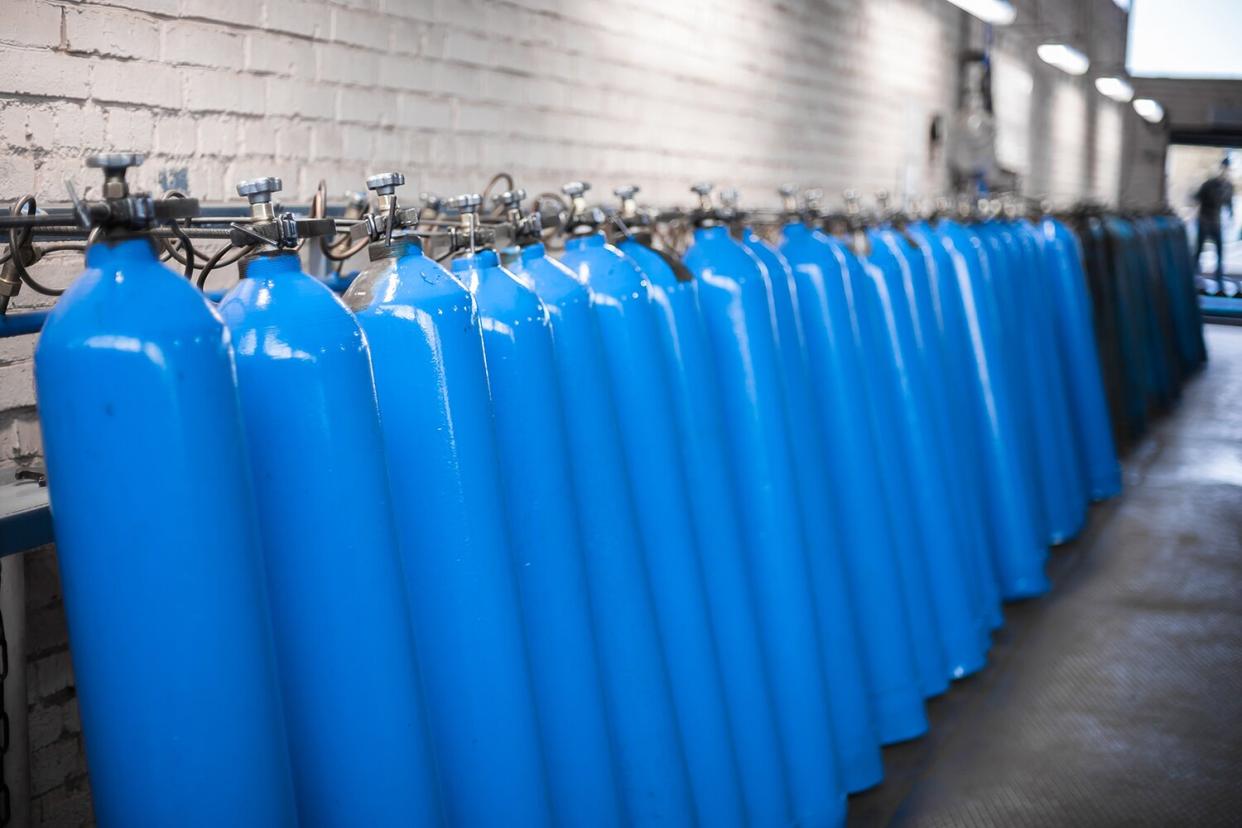Doctors Worry Global Helium Shortage Could Impact Availability of MRI Appointments

Getty Images
The global helium shortage is sparking concerns across the medical community.
Doctors around the country have expressed worry that a lack of helium, the coldest element on Earth, could soon create problems for hospitals that need the element for MRIs — magnetic resonance imaging — the life-saving technology used for scanning damage to organs and tissues that x-rays can't detect.
About 2,000 liters of liquid helium is required to cool down the MRI's superconducting magnets, which generate the high-resolution images of the human body and make the machines operate efficiently.
According to a study in the Journal of the American College of Radiology, a typical MRI machine uses up to 10,000 liters of liquid helium in its life span.
"You get these sharp images, and you can distinguish soft tissues," Dr. Scott Reeder, chief of MRI at the University of Wisconsin School of Medicine and Public Health, told NBC News. "It's central to many things we do in modern medicine."
RELATED: Party City CEO Says Closure of 45 Stores Is 'Completely Unrelated' to Helium Shortage

Getty Images
Never miss a story — sign up for PEOPLE's free daily newsletter to stay up-to-date on the best of what PEOPLE has to offer, from juicy celebrity news to compelling human interest stories.
Phil Kornbluth, president of Kornbluth Helium Consulting, added that four out of five major helium suppliers in the United States are rationing the element, prioritizing the healthcare industry over less essential customers.
Although hospitals have yet to shut down machines or cancel patients' MRIs, Kornbluth said that there has been about a 30% increase in helium costs, and cancellations could follow.
Ioannis Panagiotelis, chief marketing officer of MRI at GE Healthcare, explained that "every industry and hospital with an MR system has been affected," per NBC.

